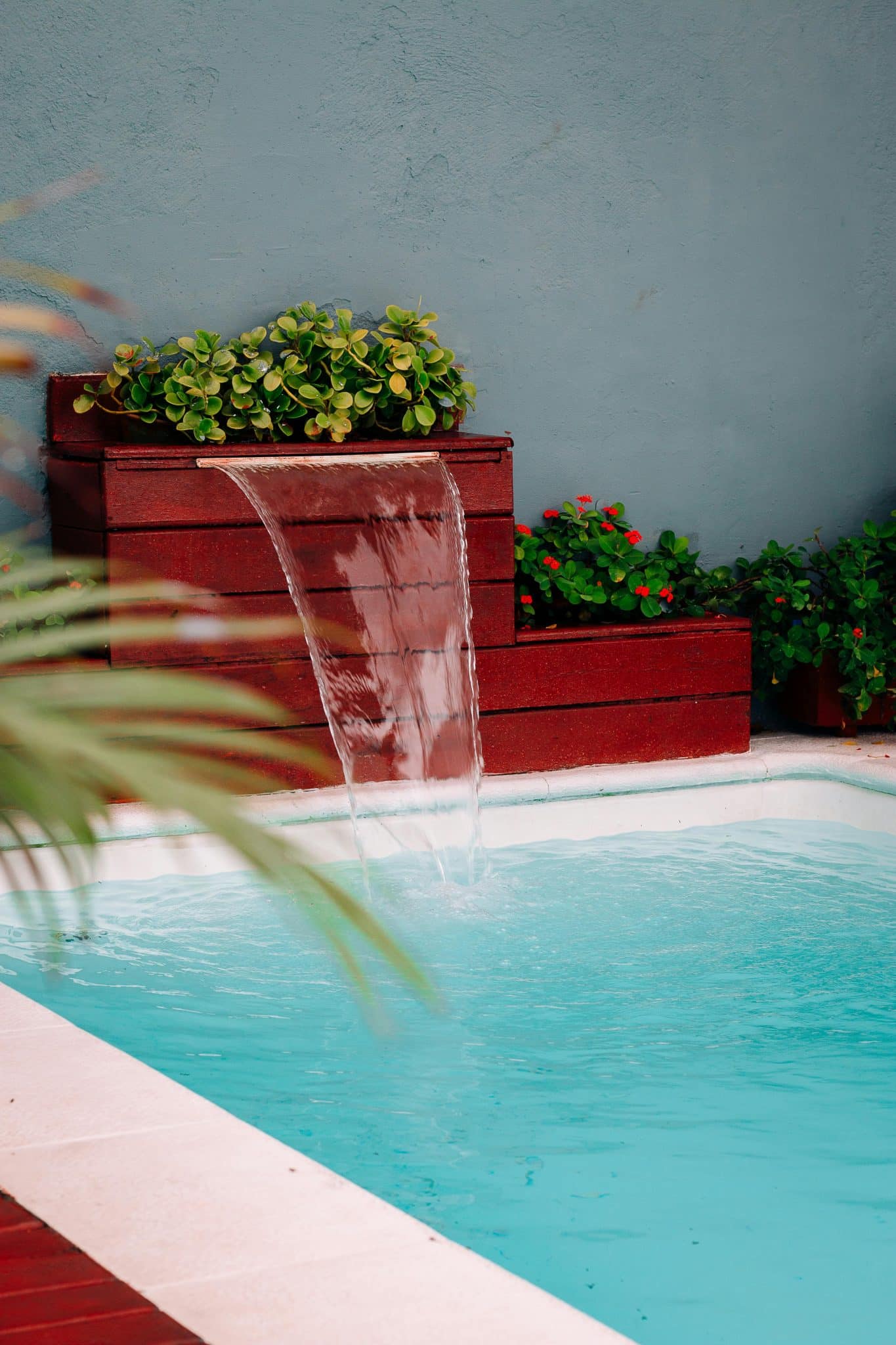The debate about asphalt vs concrete driveway is a common one among homeowners, weighing the benefits of each to determine the best fit for their homes. Whether you’re constructing a new driveway or thinking of replacing your old one, understanding these key benefits will guide you towards.
It will make a choice that not only meets your needs but also enhances your home’s appeal for years to come.
When it comes to enhancing the attractiveness of your home, the driveway plays a pivotal role. Not only does it serve as a functional pathway to your garage or front door, but it also sets the tone for your property’s overall aesthetic and value.
Durability and Longevity
One of the most significant factors to consider when choosing a driveway material is its durability and lifespan. Both concrete and asphalt driveways excel in these areas, but in slightly different ways.
Concrete driveways
Renowned for its exceptional durability. It can withstand heavy loads, making it an ideal choice for areas with frequent vehicle traffic. A well-installed concrete driveway can last up to 30 years or more with proper care.
Its resilience to wear and tear means fewer repairs over time, which is a significant long-term benefit. Moreover, concrete is less susceptible to damage from heat and sunlight, retaining its shape and appearance even in harsh weather conditions.
Asphalt driveways
Also known for their durability, though they have a slightly different set of strengths. Asphalt is particularly effective in colder climates due to its flexibility, which allows it to expand and contract without cracking during freeze-thaw cycles.
This makes it less likely to crack during winter months compared to concrete. An asphalt driveway typically has a lifespan of about 20 years. It’s worth noting that while asphalt may require more frequent resurfacing or sealing. These processes are generally less expensive and less intensive than major concrete repairs.
Discussing the eternal issue about asphalt vs concrete driveway, the choice often comes down to the specific needs of your climate and the expected traffic on your driveway.
Both materials offer robust longevity, but their performance may vary based on environmental factors and usage. Opting for either of these materials ensures a long-lasting, durable surface for your home’s entryway.
Maintenance and Upkeep
Maintaining the appearance and functionality of your driveway is crucial, and this is where the comparison between asphalt and concrete becomes more nuanced. Each material has its own maintenance requirements and ease of repair.
Concrete driveways
Relatively low maintenance. They typically require only periodic cleaning and sealing to maintain their appearance and longevity. Sealing a concrete driveway can help prevent stains, reduce the chance of cracks developing, and protect the surface from weather-related wear.
However, if a concrete driveway does crack or chip, repairing it can be more challenging. Color matching and surface consistency can be difficult to achieve, making repairs more noticeable.
Asphalt driveways
Require more regular maintenance. They need to be sealed within six months to a year after installation and then every three to five years thereafter. This sealing process is crucial to extend the life of an asphalt driveway and to maintain its black, fresh appearance.
The good news is that repairing asphalt is generally easier and less expensive than repairing concrete. Cracks and holes can be filled and sealed relatively easily, making it a more manageable task for homeowners.
In the context of asphalt vs concrete driveway, maintenance considerations are a key aspect. Concrete offers a more set-it-and-forget-it approach but can be more cumbersome to repair.
Asphalt requires more regular upkeep but is generally more forgiving and easier to maintain in the long run. Your choice may depend on how much time and effort you are willing to invest in maintaining your driveway.
Cost-Effectiveness
Considering the installation of a new driveway, cost is often a deciding factor. It’s important to not only consider the initial installation costs but also long-term value and potential savings. Always do not forget about the building codes of your area to avoid any issues. Both concrete and asphalt have their own cost benefits and considerations.
Asphalt driveways
Generally less expensive to install than concrete, making it an attractive option for homeowners looking for a budget-friendly solution. The material itself is cheaper, and the installation process is faster and less labor-intensive.
However, the need for regular maintenance, including periodic sealing and potential repairs, can add to the long-term cost. Despite these additional maintenance expenses, asphalt can still be a cost-effective choice, especially in regions where its weather-resistant properties are beneficial.
Concrete driveways
Initially, tend to be more expensive than asphalt. The higher upfront cost can be attributed to the price of materials and the labor-intensive installation process.
However, considering its longevity and low maintenance requirements, concrete can be a cost-effective option in the long run. Its durability means less frequent repairs, and its ability to maintain a clean, crack-free appearance for years can enhance the property’s value.
While asphalt may offer a lower initial cost, concrete’s longevity and low maintenance can make it more economical over time. Ultimately, both options can provide good value, but understanding the full scope of their costs and benefits is key to making an informed decision.
Aesthetic Appeal
The first thing a guest sees is your driveway and it significantly influences the overall appearance and feel of your home. So, when considering asphalt vs concrete driveway, it’s essential to recognize some options. Each option not only supports your functional needs but also aligns with your home’s style and character.
Concrete driveways
Their ability to blend with various architectural styles makes them a preferred choice for homeowners looking to enhance their property’s visual appeal.
- Versatility in design — can be tailored to fit modern, contemporary, or traditional homes;
- Personalization — homeowners have the freedom to craft a driveway that truly reflects their taste and complements their home;.
- Brightness and durability — the light color of concrete reflects sunlight, brightening the driveway area.
Concrete driveways offer a combination of durability and aesthetic flexibility. They allow homeowners to express their personal style while ensuring a lasting, bright, and attractive driveway. This adaptability in design and enduring beauty makes concrete driveways a valuable addition to any home.
Asphalt driveways
Bring their own unique aesthetic appeal, offering a classic and elegant look. Known for their simplicity and uniformity, they are a practical choice for those seeking a blend of style and functionality.
- Classic appearance — the deep black finish of asphalt driveways exudes a classic and refined look;
- Contrast and harmony — black color can beautifully contrast with the home’s exterior and landscaping;
- Simplicity and consistency — ideal for homeowners who prefer a straightforward yet sophisticated driveway solution.
The overall aesthetic value of your driveway, whether it’s made of concrete or asphalt, plays a significant role in your home’s overall appeal. Concrete provides greater versatility and customization, ideal for those who wish to tailor their driveway’s look to match their home’s style.
Asphalt offers a classic, consistent appearance, perfect for homeowners seeking simplicity and elegance. Otherwise, you can apply to stone work toronto services.
Ultimately, the choice should reflect your personal taste and the architectural style of your home. Ensuring that your driveway is not only functional but also a visually appealing aspect of your property.
Conclusion
If you are on that path of choosing between an asphalt and a concrete driveway, both options present a range of benefits. These benefits cater to different needs and preferences. The decision hinges on various factors, including durability, maintenance, cost, aesthetic appeal, and climate compatibility.
Concrete driveways offer unparalleled durability, low maintenance, and versatile design options, making them a great long-term investment for homeowners seeking a customizable and sturdy option.
On the other hand, asphalt driveways provide a cost-effective solution with easier maintenance, quicker installation, and better suitability for colder climates.
Ultimately, the choice between an asphalt vs concrete driveway depends on your specific circumstances, including budget, climate, and personal aesthetic preferences.
By carefully considering these factors, you can select a driveway material that not only enhances the attraction of your home but also offers functionality and value for years to come.

